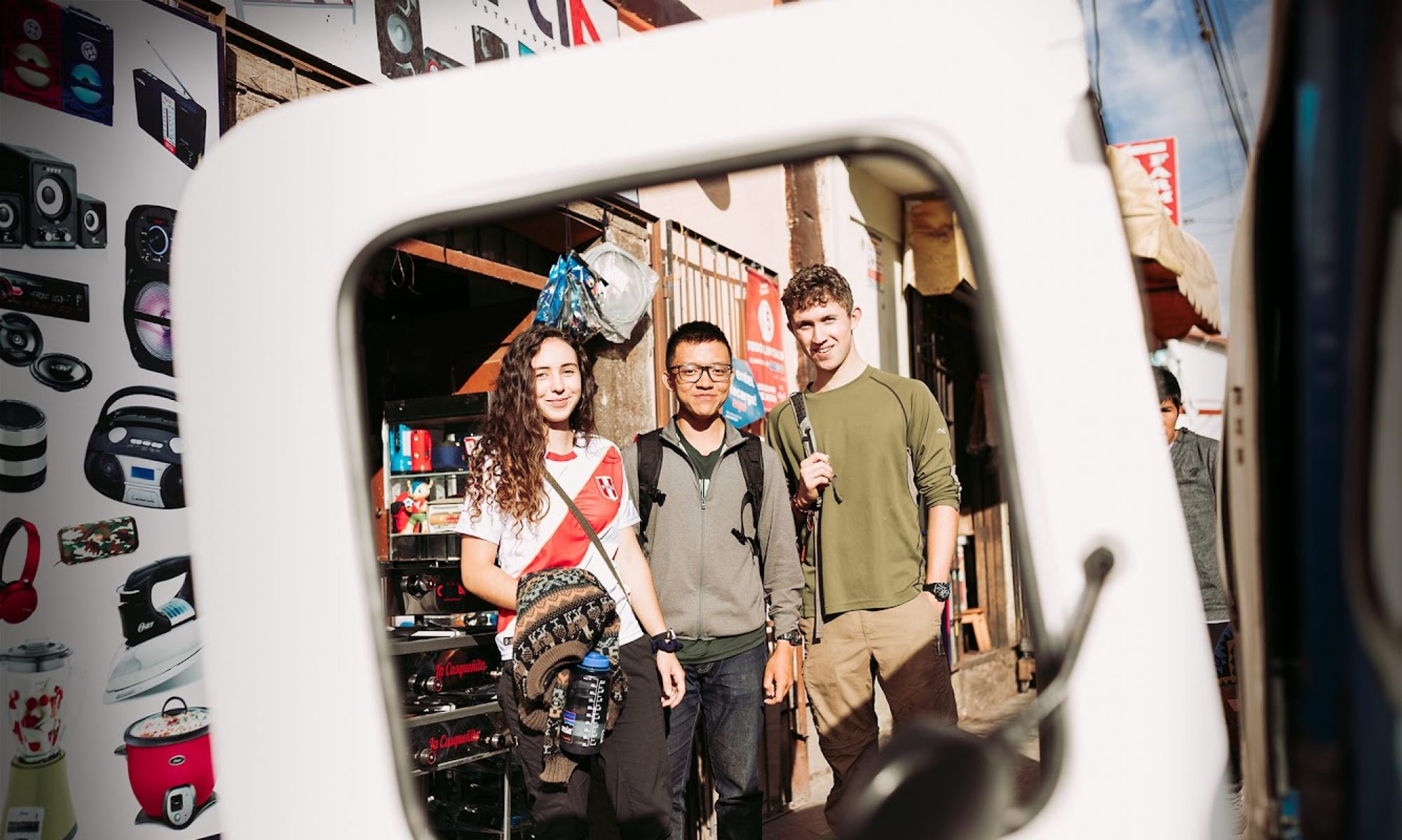by Sophie, Tufts 1+4 Participant
When I sat down to meet my boss on the first day of work, all I could see was her lips moving as she barreled forward in unrelenting, full speed Spanish. I came to Nicaragua not knowing any Spanish, and, it turns out, it takes a lot longer than two weeks to get up to speed. I nodded nervously during pauses, though pretty much all I understood was that I needed to wear my hair in a bun because they were having a lice problem (I only got this because there was a visual demonstration).
Before coming I had received a brief information sheet from my supervisor. It gave little information other than “Barrilete, children ages 0-18.” Google Translate came up with “keg” for “barrilete,” which even then I knew was incorrect. My first two weeks I saw what seemed to be dance classes and chaotic homework time. When I showed up for my first full day, I was surprised to see nearly 90 new faces in little gold and brown uniforms, and taught the word “preescolar.” On my second full day I ended up standing in the back of a pickup truck, driving down mud roads and watching Margarita have conversations in floor less houses that I couldn’t understand.
The second time my boss explained Barrilete I caught a few more words than last time, but not much more. At this point I understood that it was a preschool and youth center.
I began spending the little kids’ nap time talking to some of the older kids and my coworkers. For days, maybe weeks, the conversations couldn’t get past “yes, where I’m from it’s cold. It is starting to snow right now. Yes, here it is very hot.” Eventually, we worked our way up to talking about school – it took me 30 minutes one day of painful Spanish to explain that our school years in the United States start in September and end in June instead of going with the calendar year like in Nicaragua. The kids laughed hysterically at my inability to roll ‘r’s and never grew tired of teaching me new vocab words.
Katerin, a 16 year old who lives at the center, has taught me more Spanish than anyone else, including my Spanish teacher. I’ve listened to her describe her quinceanera dress at least ten times and talked to her about studying pharmaceutical science almost as many. One day she asked me if I had any siblings and I told her about my brother in college. I asked her if she had siblings and she told me she had six, but when I asked her where they were she just shrugged and said “no sé.”
The second time I ended up in the back of the pickup truck I understood that we were going to visit families of the children, something my boss does nearly every day. I still couldn’t follow most of the conversations, but the context helped. The third time I went with her I listened to a parent explain that his son wasn’t enrolled in school yet because he didn’t have the money to make photocopies of his birth certificate and health records. We walked away with a folder of papers.
My nap time conversations have come a long way; last week I was talking to my coworker about baptism and the illuminati, words flying off my tongue at a speed that surprised even myself. In my most recent project planning meeting my boss and I were able to discuss remodeling options with relative ease. Of course, everyone still laughs at my inability to roll r’s and how sometimes I have to ask for a sentence to be repeated five times.
After months I can now tell you all the names of the 30 kids in my preschool class, the 15 kids who live there, the 20 kids who spend all day there, and the 20 other kids who come for homework time, as well as a rough idea of most of their math and reading levels. I’ve been peed on, spit on, and now need about 10 hours of sleep per day, but I’ve also never laughed as much as I have while working there.
The most recent time I heard my boss explain Barrilete, I understood almost every word. I also was able to understand how often she veered from the basic information with stories, because there was really no other way to explain. She explained how when the center she had been working for 15 years ago fell apart, she found a way to start Barrilete. The word barrilete is actually an old fashioned and regional term for kite. The center got this name because originally it was a place for kids to do homework while many mothers made kites to earn extra money. Since then Barrilete has been continually changing and expanding. Now it’s a preschool, a safe place for kids with working parents to spend the day, and a home for orphaned and abandoned children, in addition to still providing homework help and dance classes. She talked about the time she tried to leave the center in someone else’s hands to help her marriage, but the kids walked all the way to her house to bring her back, the older ones leading the little ones. As a compromise, she added a room to her family house, where she brings the kids that live at the center on weekends. She talked about how Katerin had been there since she was 4. She explained how just this week another mom had left and taken her 3 year old son, but left her 6 year old behind at Barrilete. She explained how the lunches were provided by one organization and the breakfasts by the government, but how during school breaks there was almost never enough. She explained how everything she did was with amor por los niños.




